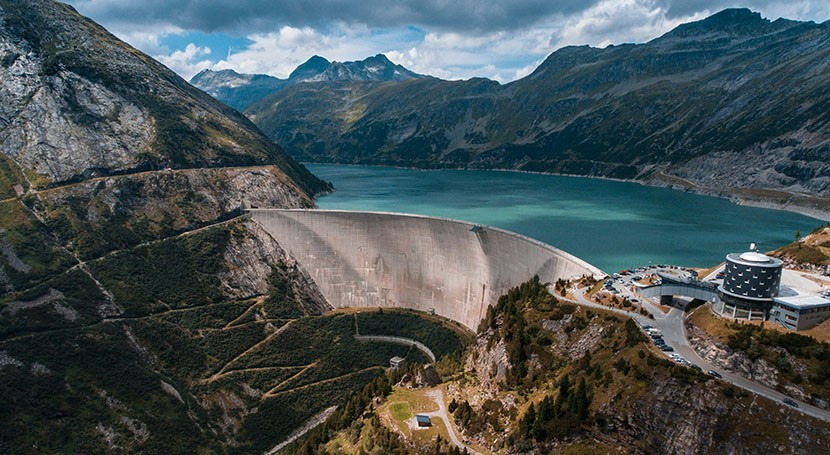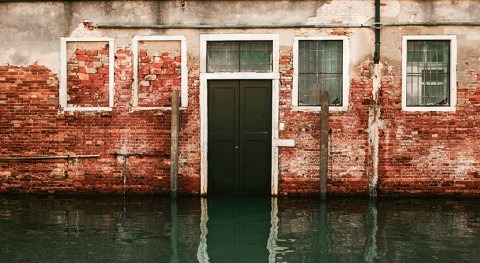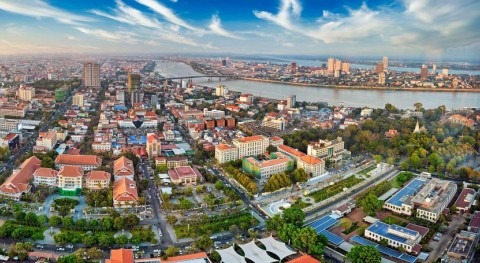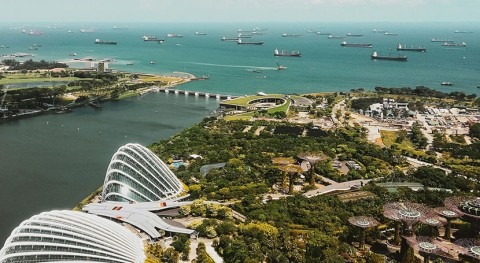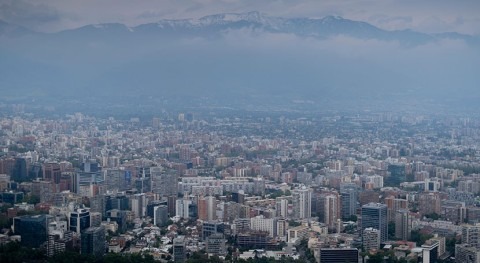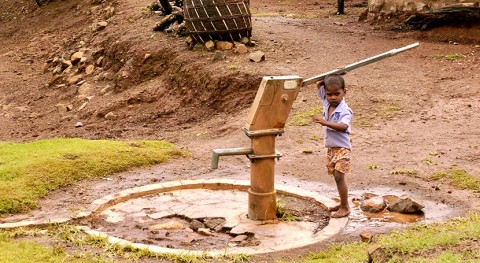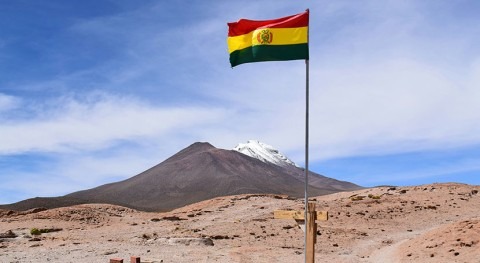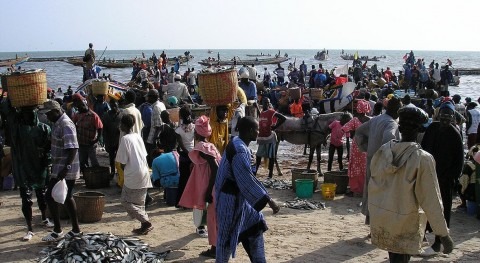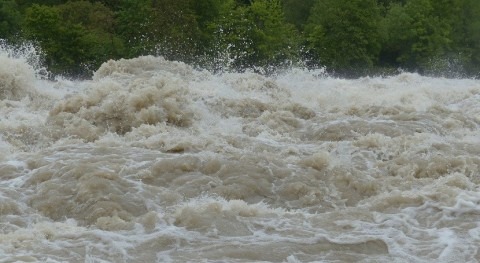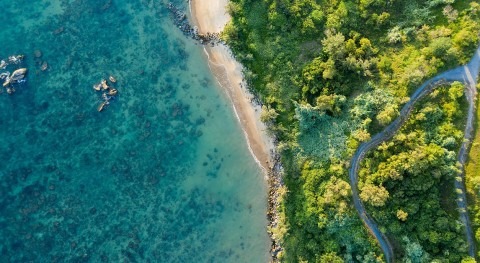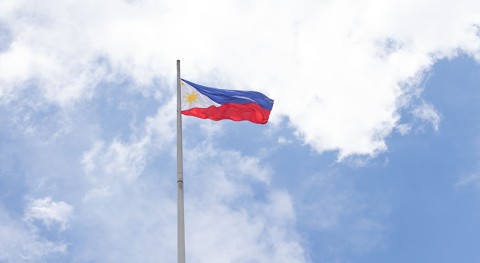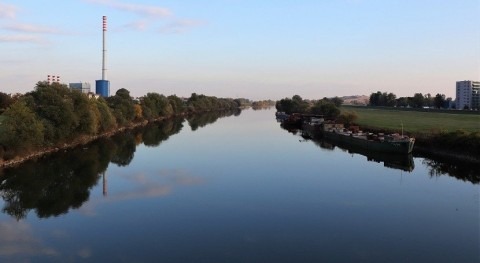The World Bank’s Board of Executive Directors approved $1 billion in a second round of additional financing for the DASU Hydropower Stage I (DHP I) Project. This financing will support the expansion of hydropower electricity supply, improve access to socio-economic services for local communities, and build the Water and Power Development Authority’s (WAPDA) capacity to prepare future hydropower projects.
“Pakistan’s energy sector suffers from multiple challenges to achieving affordable, reliable, and sustainable energy,” said Najy Benhassine, World Bank Country Director for Pakistan. “The DASU Hydropower Project site is one of the best hydropower sites in the world and is a game changer for the Pakistan energy sector. With a very small footprint, the DHP will contribute to ‘greening’ the energy sector and lowering the cost of electricity.”
DHP is a run-of-river project on the Indus River about 8 km from Dasu Town, the capital of the Upper Kohistan District of Khyber Pakhtunkhwa Province. Upon completion, it will have an installed capacity of 4,320–5,400 MW. The project is being built in stages. DHP-I has a capacity of 2,160 MW and will generate 12,225 gigawatt hours (GWh)/year of low-cost renewable energy. The DHP-II will add 9,260–11,400 GWh per year from the same dam.
“DHP-I is an essential project in Pakistan’s efforts to reverse its dependence on fossil fuels and reach 60 percent renewable energy by 2031.” said Rikard Liden, Task Team Leader for the Project. “The second additional financing will facilitate the expansion of electricity supply and potentially save Pakistan an estimated $1.8 billion annually by replacing imported fuels, and offset around 5 million tons of carbon dioxide. The annual economic return of DHP-I is estimated to be around 28 percent.”
The additional financing will further support ongoing socio-economic initiatives in Upper Kohistan, particularly in the areas of education, health, employment, and transport. Through this project adult literacy has increased by an estimated 30 percent since 2012, boys’ schooling increased by 16 percent while girls’ schooling has increased by 70 percent during this period. The project will also continue ongoing community development activities on roads, irrigation schemes, schools, medical facilities, mosques, bridges, solar energy systems, and science laboratories and libraries, all with a particular focus on women beneficiaries, including the establishment of free healthcare clinics/camps with women doctors/nurses, trainings for female health workers, trainings on livelihoods and literacy for women, and awareness-raising programs on health and hygiene.


